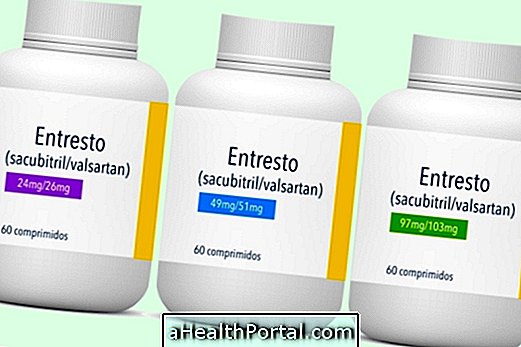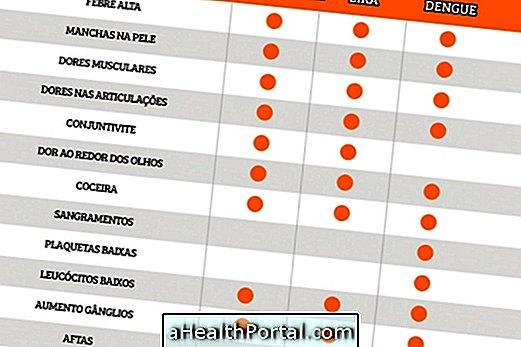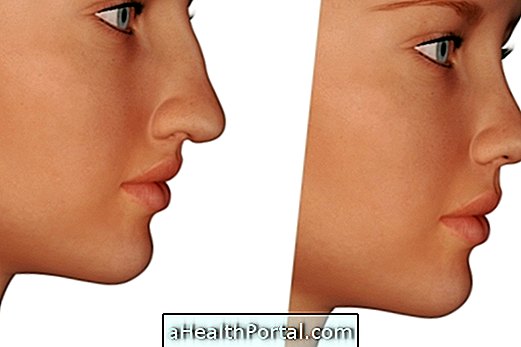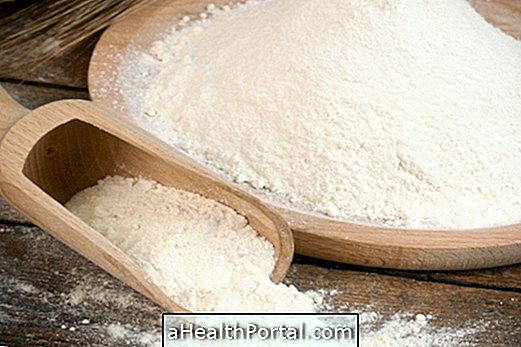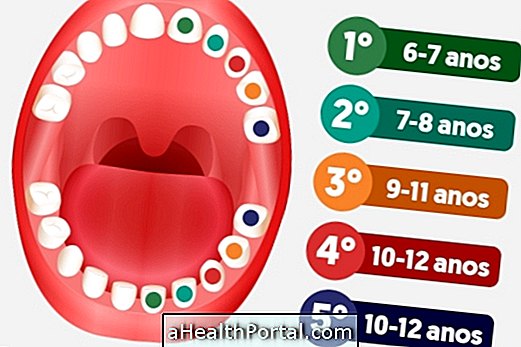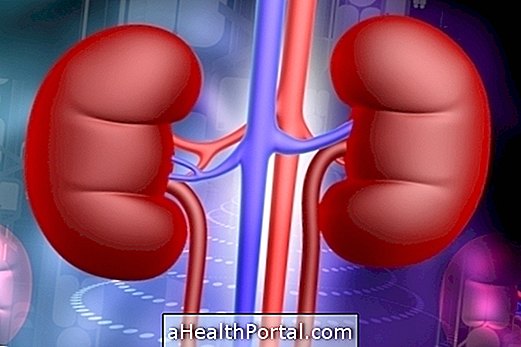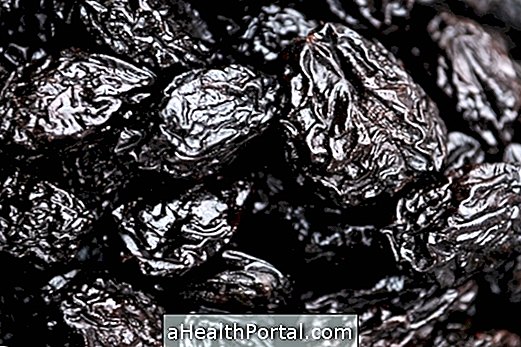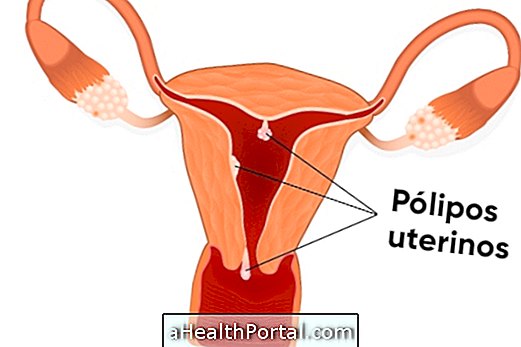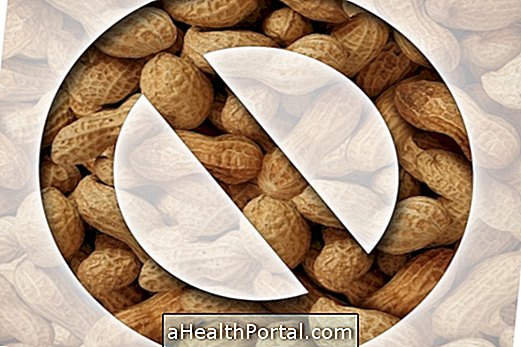Vitamins are organic substances that the body needs in small amounts, which are indispensable for the functioning of the organism, since they are essential for the maintenance of a healthy immune system, proper functioning of the metabolism and for growth.
Due to its importance in the regulation of metabolic processes, when they are ingested in insufficient quantity or when the body has some vitamin deficiency, this can bring serious health risks, such as vision, muscle or neurological problems.
As the body is unable to synthesize vitamins, they must be ingested through food, and it is very important to eat a balanced diet, rich in vegetables and varied sources of protein.

Classification of vitamins
Vitamins can be classified into fat-soluble and water-soluble, depending on their solubility, fat or water, respectively.
Fat-soluble vitamins
Fat-soluble vitamins are more stable and resistant to the effects of oxidation, heat, light, acidity and alkalinity, when compared to water-soluble vitamins. Their functions, dietary sources and consequences of their deficiency are listed in the following table:
Vitamin
Maintaining a healthy vision
Differentiation of epithelial cells
Liver, egg yolk, milk, carrots, sweet potatoes, pumpkin, apricots, melons, spinach and broccoli
Increases intestinal calcium absorption
Stimulates bone cell production
Decreases the excretion of calcium in the urine
Milk, cod liver oil, herring, sardines and salmon
Sunlight (responsible for the activation of vitamin D)
Varus knee, valgus knee, cranial deformities, tetany in infants, bone fragility
Antioxidant
Contributes to the formation of coagulation factors
Helps vitamin D to synthesize a regulatory protein in bones
See more vitamin-rich foods.
Water-soluble vitamins
Water-soluble vitamins have the ability to dissolve in water and are less stable than fat-soluble vitamins. The following table lists the water-soluble vitamins, their dietary sources and the consequences of deficiency in these vitamins:
Collagen formation
Antioxidant
Iron absorption
Production of energy
Synthesis of fatty acids and steroid hormones
DNA formation
Formation of blood, intestine and fetal tissue cells
DNA and RNA synthesis
Metabolism of amino acids and fatty acids
Myelin synthesis and maintenance
In addition to eating foods rich in vitamins, you can also take food supplements that usually contain the recommended daily doses of vitamins and minerals essential to the proper functioning of the body. Know the various types of dietary supplements.
Was this information helpful?
Yes No
Your opinion is important! Write here how we can improve our text:
Any questions? Click here to be answered.
Email in which you want to receive a reply:
Check the confirmation email we sent you.
Your name:
Reason for visit:
--- Choose your reason --- DiseaseLive betterHelp another personGain knowledge
Are you a health professional?
NoMedicalPharmaceuticalsNurseNutritionistBiomedicalPhysiotherapistBeauticianOther
Bibliography
- LUTZ, Carroll; PRZYTULSKI, Karen. Nutrition and diet therapy. 5. Philadelphia: Mc Graw Hill, 2011. 90 - 103.
- COZZOLINO Silvia. Nutrient bioavailability. 4th. Brazil: Manole Ltda, 2012. 453-477.







